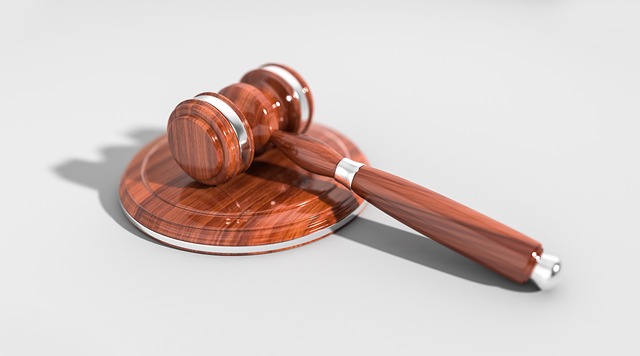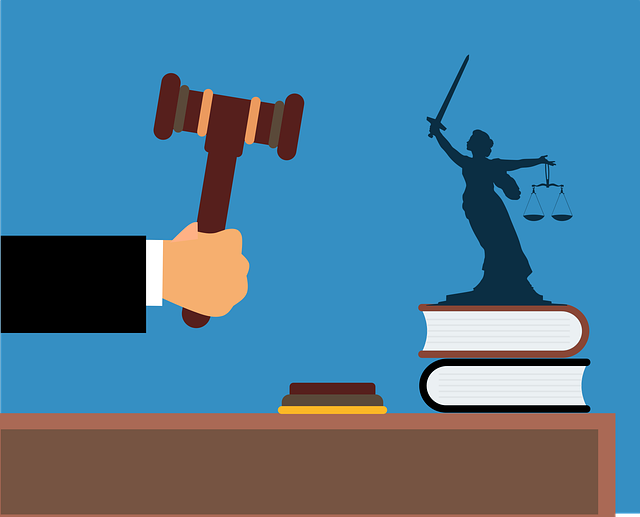Personal injury cases face lengthy timelines due to complex procedures, evidence gathering, negotiations, and court congestion. This prolongs emotional and financial strain for plaintiffs and defendants alike. Strategic interventions like early case evaluation and employing expert lawyers can significantly shorten the injury case timeline, offering a more efficient process.
Litigation often extends the personal injury case timeline, adding stress and financial strain for all involved parties. This article delves into the multifaceted reasons behind this delay, including complex legal procedures, expert witness availability, and insurance negotiations. We explore the significant impact on plaintiffs and defendants, from emotional toll to potential loss of support. Additionally, practical strategies are offered to expedite these cases, aiming to streamline processes and resolve injuries more promptly.
- Factors Contributing to Prolonged Litigation
- The Impact on Plaintiffs and Defendants
- Strategies to Expedite Personal Injury Cases
Factors Contributing to Prolonged Litigation

Many personal injury cases, while initially appearing straightforward, can extend far beyond the expected timeframes due to several interconnected factors. These include complex legal procedures, extensive evidence collection and analysis, and intense negotiations or court battles. Each stage of a Miami auto accident attorney’s representation is crucial in building a solid case for their client. For instance, gathering evidence from car accident injuries—from medical records to witness statements—can be a lengthy process, especially when dealing with severe or permanent disabilities that require extensive treatment.
Moreover, the presence of multiple defendants or third-party insurance claims can significantly complicate matters. Wrongful death compensation cases, for example, often involve intricate legal arguments and emotional appeals, demanding substantial time and meticulous handling. The court system’s docket congestion further exacerbates delays, as cases may face backlogs, leading to prolonged waits for trial dates. These factors collectively contribute to lengthening the injury case timeline, underscoring the importance of proactive case management from legal professionals.
The Impact on Plaintiffs and Defendants

For plaintiffs, a prolonged injury case timeline can be emotionally taxing and financially draining. The process often involves extensive documentation, numerous court appearances, and an extended period of uncertainty about the outcome. This can lead to heightened stress levels and even mental health concerns, as they wait for justice to be served. Furthermore, during this time, plaintiffs may struggle with medical bills piling up and missed opportunities in career or personal life due to their injury—all while facing the challenge of navigating complex legal procedures.
Defendants also face significant challenges, particularly when dealing with a slip and fall lawyer representing the plaintiff. Protracted litigation can result in heightened legal costs and a strain on resources for both parties. In some cases, defendants may find themselves facing substantial demands for pain and suffering compensation, even for seemingly minor injuries, which can significantly impact their financial stability. This extends beyond the immediate economic implications to reputational damage, as public records of the case may be readily accessible, affecting future professional and personal interactions.
Strategies to Expedite Personal Injury Cases

Many factors contribute to the lengthy nature of personal injury cases, but there are strategies that can help expedite the process for both plaintiffs and defendants. One key approach is early case evaluation, where all parties involved meet to discuss the facts, damages, and liability. This can lead to a settlement agreement without extensive litigation, significantly reducing the time and costs associated with court battles.
Additionally, hiring an experienced Orlando personal injury lawyer who specializes in these cases can make a profound difference. These legal professionals have a deep understanding of the law, know how to navigate complex procedures, and can advocate for their clients’ rights. They may also employ alternative dispute resolution methods like mediation or arbitration, which offer faster resolutions compared to traditional trials, ultimately shortening the injury case timeline for all involved.
Litigation significantly prolongs personal injury case timelines, impacting both plaintiffs and defendants. Understanding the contributing factors, such as complex medical issues and discovery processes, is crucial for navigating these challenges. Implementing strategies like early case assessments and alternative dispute resolution can help expedite cases, ultimately ensuring a more efficient and just outcome for all parties involved. By optimizing these processes, we can streamline injury case timelines, reducing the time and emotional toll on those affected by personal injuries.






